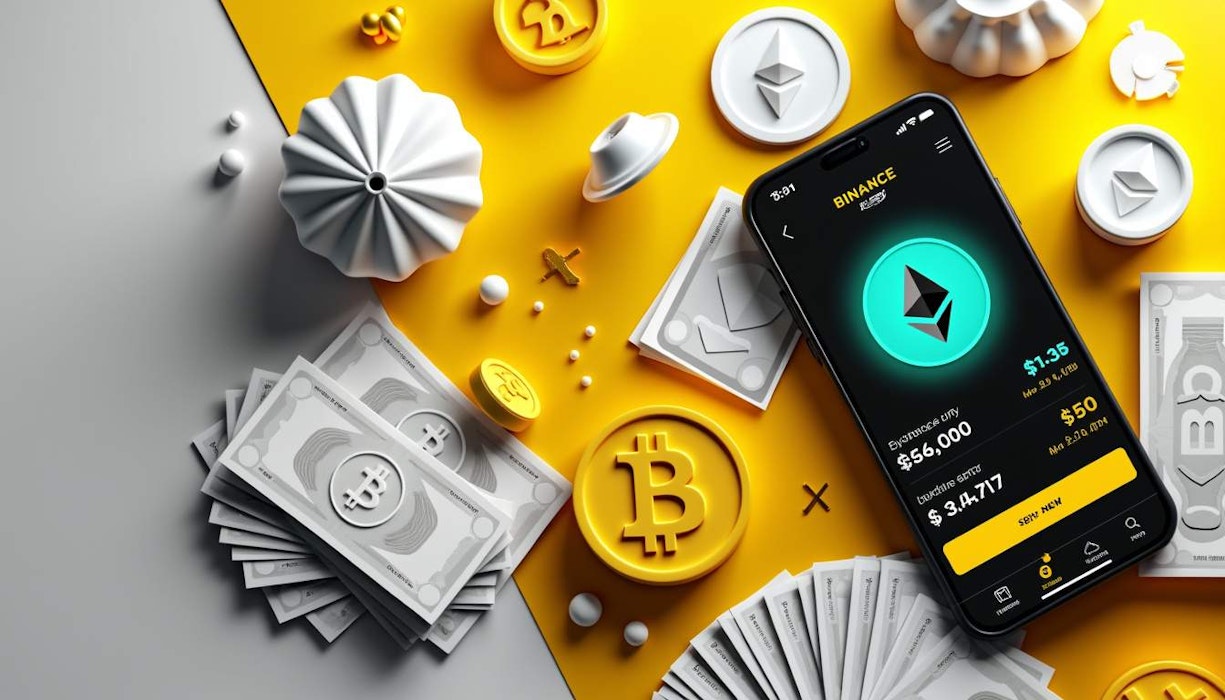Binance just rolled out this new feature called Pre-Market Spot Trading. The idea is that you can trade actual tokens before they're officially listed on the exchange. I have to admit, it's a pretty interesting concept, and it got me thinking about how it stacks up against other trading platforms.
What Is It Exactly?
From what I gather, Binance is claiming to be the first platform to let users trade "actual" tokens in this kind of setup. Other exchanges have done something similar with derivatives—like Bybit and Coinbase—but those aren't real assets; you're basically betting on price movements. With Binance's pre-market trading, you're directly interacting with the asset itself.
The service is designed to give early access to selected tokens from Binance Launchpool. According to Vishal Sacheendran, who heads up regional markets at Binance, this feature enhances user utility and extends the lifecycle of token projects.
Pros and Cons
The Good Stuff
One of the main advantages I see is that all tokens available for pre-market trading go through a rigorous vetting process by Binance. So at least there's some assurance that you're not trading some fly-by-night scam token.
Also, the trading fees are just the standard spot fees on Binance, which are pretty low compared to other platforms. This makes it accessible for a wide range of users.
The Not-So-Great
But here's where it gets tricky: due to regulatory issues, this service isn't available in certain regions like the U.S., Canada, Japan, and Spain. That means a lot of potential users can't even participate. And let's face it—Binance has had its share of run-ins with regulators; it's almost like playing whack-a-mole at this point.
Another thing that concerns me is whether this model could lead to more volatility when these tokens finally get listed officially. Early price discovery could be beneficial or disastrous; it's hard to say right now.
Final Thoughts
In essence, Binance's pre-market trading feature seems aimed at enhancing user engagement while also extending the life cycle of its token offerings. Whether or not it becomes mainstream will likely depend on how well it navigates the current regulatory landscape.
As someone who trades occasionally but isn't deeply entrenched in crypto culture yet, I'm curious: does anyone else think this might catch on? Or is it just another thing for people like me to keep an eye on?
